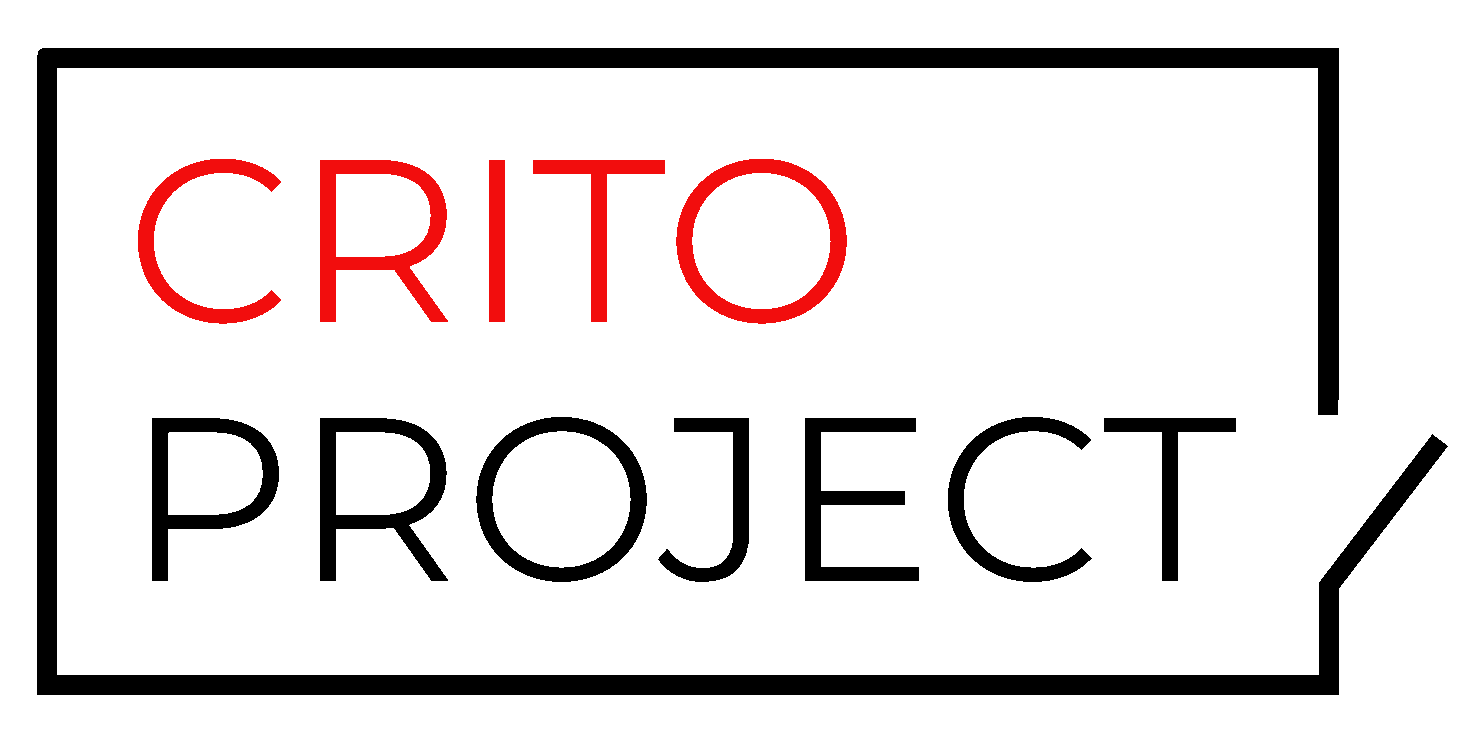
Teaching HE Philosophy in UK prisons since 2013
The challenge of incarcerated study
There’s no classroom more challenging to learn in than one in prison. We support our students with study materials, free books and readers, access to more books and articles and extensive contact hours. Most of all we work to make our classroom a place where free inquiry and curiosity are rewarded and reinforced by likeminded peers. We’ve found camraderie and increased student self-belief to be the common culture in Crito classrooms.
The University of East Anglia
The UEA prides itself on doing things differently. Its support of the Crito Project has grown to the point where our modules, which mirror those delivered on campus, are fully accredited by the UEA, and we are working out ways to expand this accredited provision. The Crito Project would not be possible without the generous support of the UEA’s School of Politics, Philosophy, Language and Communication Studies.
People Plus, our partners in delivery
Since 2013 People Plus have been steadfast in their support of the Crito Project. Both their expertise and their belief in our vision have made the project possible, and we continue to work exclusively with People Plus as our education provision partners. At every prison we’ve taught at we’ve found their education teams to be knowledgeable and eager to help.
Why ‘Crito’ Project?
In 399BCE Plato published a dialogue named Crito, depicting the last conversation between Socrates and his eponymous best friend. It takes place in Socrates’ prison cell where the two friends explore the concepts of justice, how to response to injustice, education and our relationship to society. What better piece of philosophy to name ourselves after?
“The course has helped me reflect on my own reality, my self and ideal self: to really think about the reality I created and the reality I want to create.”
We’ve taught over 800 hours of classes to over a hundred incarcerated students since 2013. Hear what they have to say about our work.

Annual Audits
Tracking our impact
We endeavour to interview cohorts of students as they complete our 12-week modules. To do so we undertake qualitative analyses using an interpretative phenomenological analysis approach. These interviews and their analyses make up the majority of our Annual Audits, and they are a vital tool in our efforts to constantly improve our provision, and to make higher education as accessible and engaging to our incarcerated students as possible.








